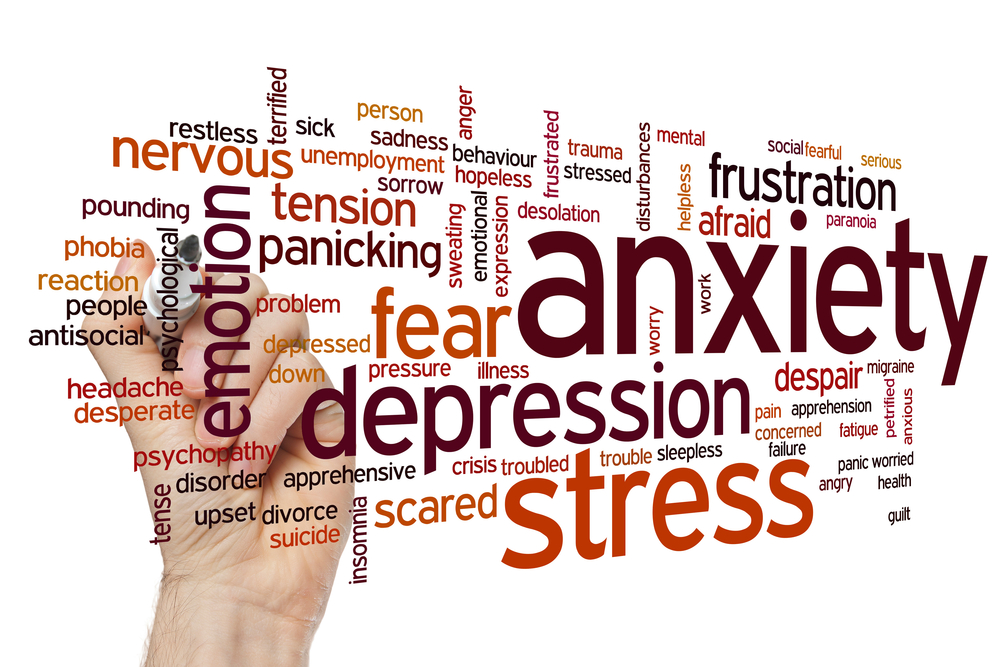Dehydration in Adults

The human body requires water for a variety of bodily functions. Replenishment is needed when the body lacks enough water to perform regular functions. If this replenishment does not occur in time, the body becomes dehydrated.
Although anyone can suffer from dehydration, its adverse effects are especially harmful to older adults. Taking in enough fluids can reverse dehydration. However, severe dehydration requires immediate medical attention. It is critical for adults to recognize the symptoms, causes, risk factors and signs of dehydration to prevent any adverse effects of severe dehydration.
What is Dehydration?
The body requires water for several functions such as regulating temperature, making saliva, transferring oxygen, etc. Dehydration occurs when the body’s water content is lower than needed.
There are two types of dehydration: moderate and severe. Drinking enough fluids (preferably water) can reverse mild dehydration. Severe dehydration requires medical attention. Lack of treatment in case of severe dehydration can be fatal.
What Causes Dehydration?
The most common cause of dehydration is insufficient water intake for various reasons. Some other causes of dehydration include:
- Diarrhea and Vomiting: Severe diarrhea that occurs suddenly can lead to a considerable amount of fluid and electrolyte loss in a short time. This excessive fluid loss can cause dehydration. If vomiting accompanies diarrhea, the water fluid loss is even faster.
- Fever: A high fever can cause dehydration. The dehydration is accelerated if diarrhea and vomiting accompany the fever.
- Excessive Sweating: Sweating leads to bodily fluid and electrolyte loss. Vigorous exercise, heat or humidity can cause excessive sweating and consequent dehydration.
- Frequent Urination: Some conditions, such as undiscovered diabetes, can cause one to urinate more often, which can cause dehydration. Apart from this, some medications, such as diuretics, also cause excessive urination, resulting in dehydration.
What are The Symptoms of Dehydration?
The symptoms of dehydration in adults include:
- Extreme thirst
- Dark urine
- Headache, confusion, delirium
- Chills or heat intolerance
- High heart rate with low blood pressure
- Loss of appetite
- Muscle cramps
- Dizziness, light-headedness or weakness
- Swollen feet
- Flushed skin
Who is at Risk of Dehydration?
- Infants and Children: Infants and children are at an elevated risk of dehydration due to a higher propensity of fluid loss and an inability to adequately determine the level of thirst and procure a drink of water for themselves.
- Older Adults: Older adults are at a higher risk of dehydration because of age.
The body’s fluid reserve shrinks with age, and the sense of thirst becomes less defined. Along with this, certain common illnesses such as diabetes and dementia also contribute to inadequate fluid replenishment of the body.
- People with Chronic Diseases: Diabetes is a chronic illness that leads to frequent urination, which can cause bodily fluid loss. Certain kidney disease medications also cause frequent urination, resulting in dehydration. Additionally, having a cold or a sore throat reduces appetite and thirst, contributing to dehydration conditions.
- People Who Exercise Outside: Outdoor exercise leads to sweating, which can cause dehydration without adequate fluid intake, especially during the summer heat.
How is Dehydration Diagnosed?
Doctors usually diagnose dehydration based on physical symptoms and tests. The tests to diagnose dehydration include:
- Blood Tests: Blood tests for dehydration mainly check for electrolyte levels (especially sodium and potassium) and kidney function.
- Urinalysis: Urine analysis can indicate the severity of dehydration and can also be used to diagnose bladder infection.
- Blood Pressure Measurement: Dehydration is often accompanied by low blood pressure with a high heart rate. Doctors can use the blood pressure measurement reading with other physical symptoms to diagnose dehydration.
How to Prevent Dehydration?
Some steps that can help prevent dehydration are:
- Drinking enough water guided by thirst and eating fruits and vegetables high in water.
- Taking oral rehydration formula at the first sign of diarrhea and vomiting.
- Drinking water before, during and after strenuous exercise, especially in summer and outdoors.
- Increasing water intake appropriately in extreme heat or cold weather to combat unintentional fluid loss.
- Drinking extra water when suffering from illnesses like influenza, sore throat or bladder infections.
Adults are at a high risk of dehydration due to several factors, such as a reduction in the body’s water reserves, chronic illnesses and a dulled sense of thirst. Symptoms of dehydration can often be confused or missed. Proper knowledge of dehydration’s causes and symptoms can help prevent severe dehydration and associated complications. For individuals at a high risk of dehydration, it is always a good idea to consult a doctor and get tested at Dr Lal PathLabs.
FAQs
1. Can dehydration cause low blood pressure?
Dehydration can reduce blood pressure dangerously. Sometimes, the body can accidentally increase blood pressure above the standard limit to combat this condition.
2. What are the complications of severe dehydration?
Some complications of dehydration include:
- Heat stroke
- Kidney stones
- Coma
- Kidney failure














